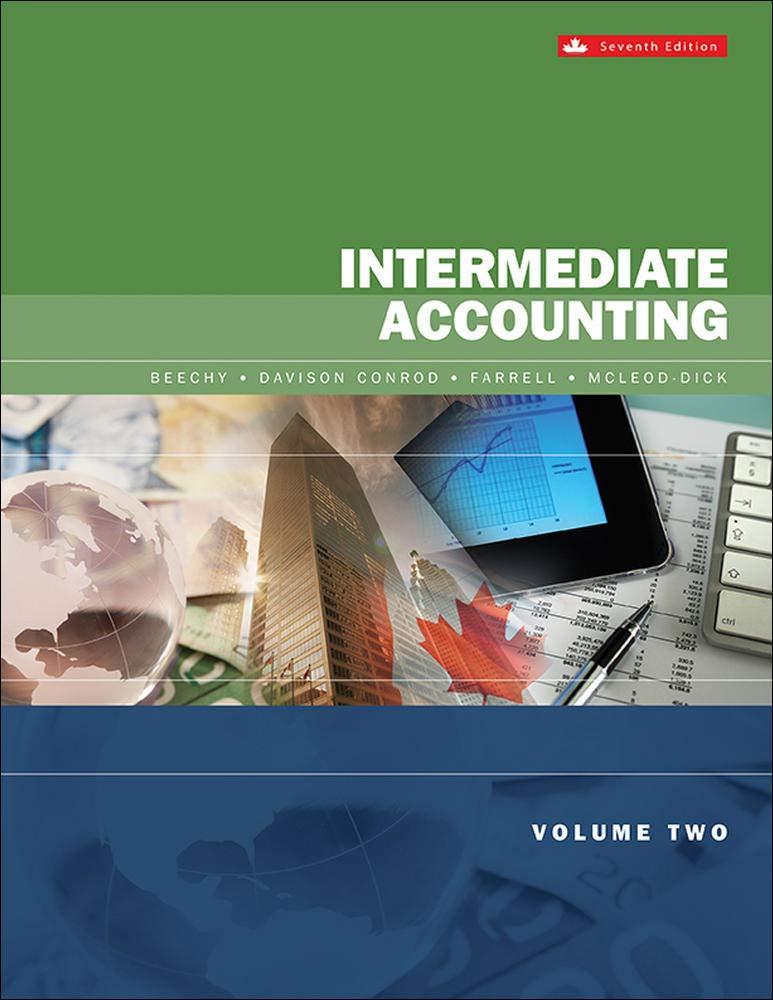10. The following statement best characterizes the U.S. District Courts:
| | The judges are not specialists and therefore do not rely heavily on the administrative pronouncements of the Service for guidance in interpreting the tax law. |
| | They are courts of general jurisdiction and can hear any type of case; therefore, the judges are not specialists in any particular area of the law. |
| | The taxpayer is not entitled to a trial by jury, because juries are more easily swayed by emotion in factual disputes. |
11. Which of the following is true about determining the issues to be answered for the client?
| | The practitioner may identify issues of interest which come to light after she reads about a change in the tax law. |
| | Client issues may arise before a transaction is completed. |
| | Client issues may arise after a transaction is completed. |
12. Ingrid is deciding whether to rent an office for her business or to buy an office building.
| | This is an open-ended compliance research transaction. |
| | This is a closed planning research transaction. |
| | This is a closed compliance research transaction. |
| | This is an open-ended planning research transaction. |






